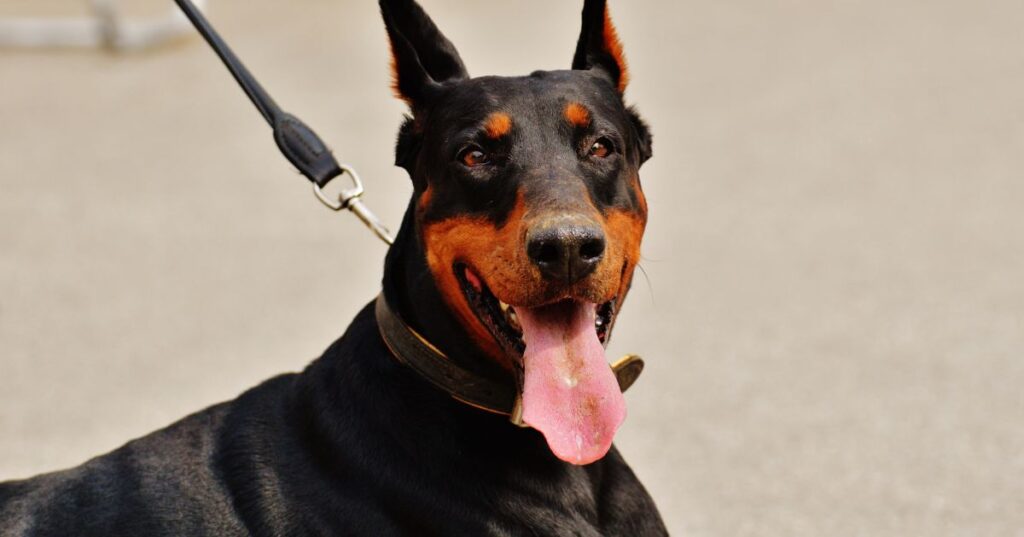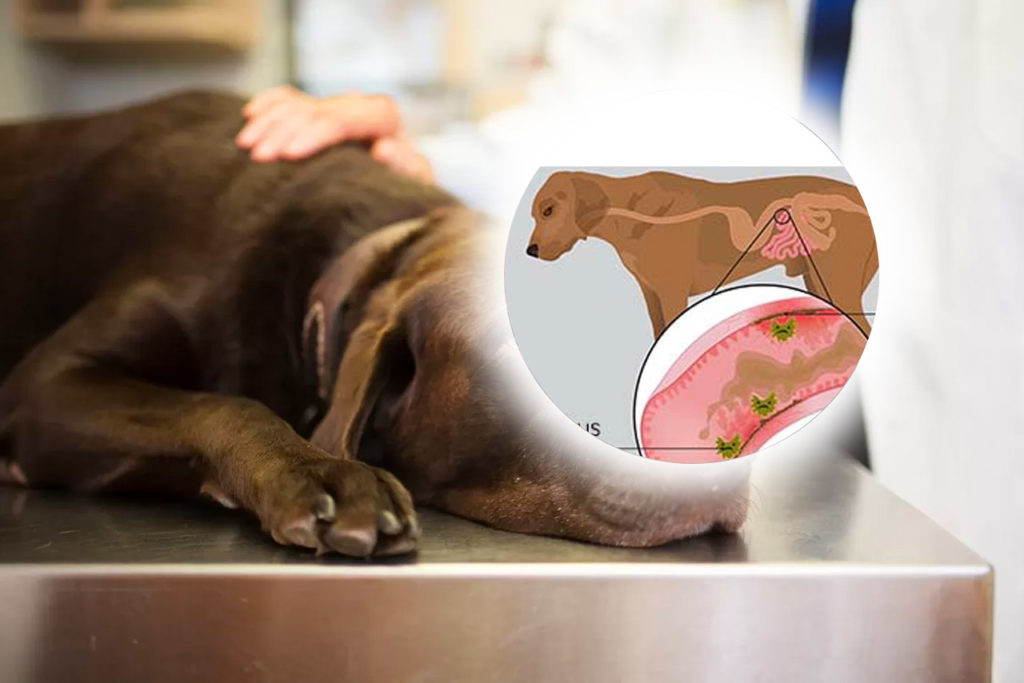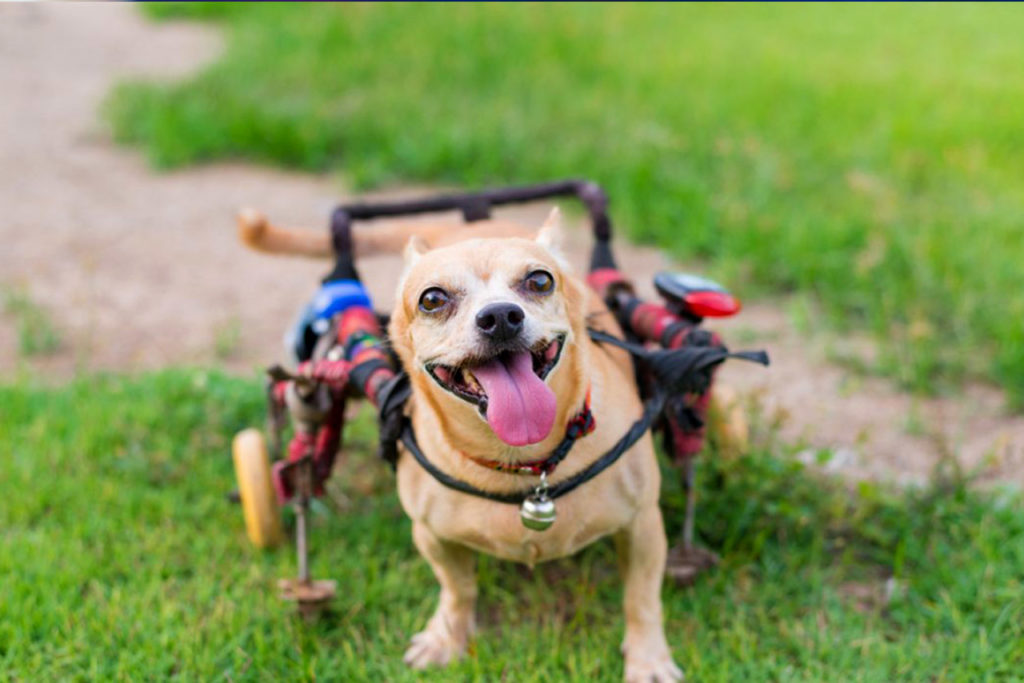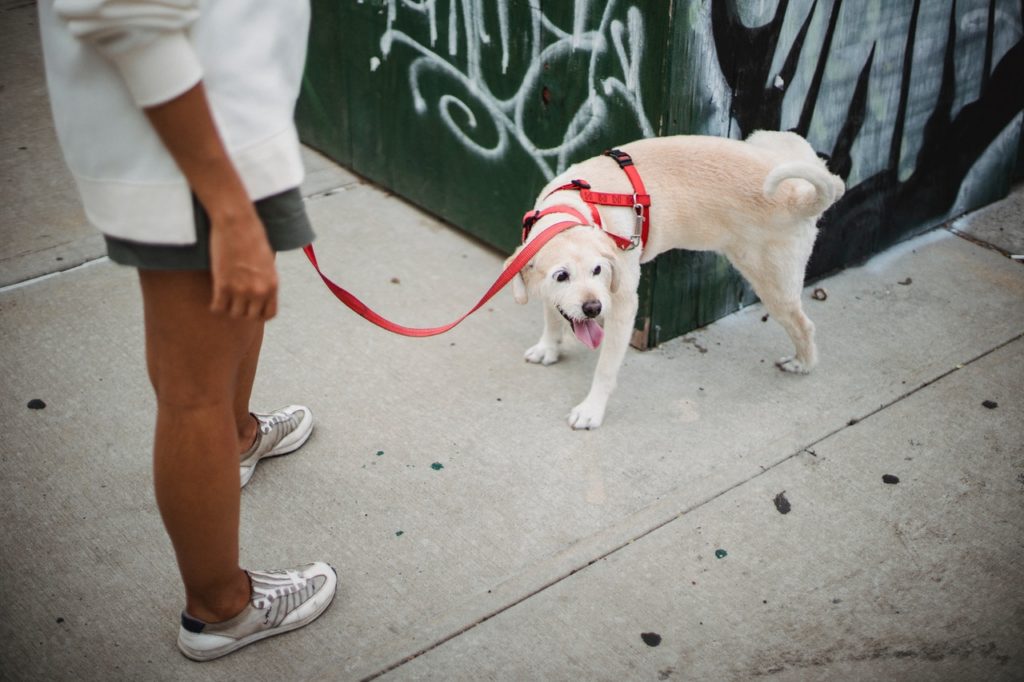Dobermans have gained widespread popularity as a breed of dogs, largely due to their notable traits of unwavering loyalty, sharp intelligence, and strong protective instincts. However, there is a global misconception that Dobermans can become aggressive toward their owners.
Let’s explore the possible reasons why Dobermans turn on their owners. We also dispel myths surrounding Dobermans and aggression, as well as provide actionable steps to prevent aggression in these lovable canines.
If you’re someone who owns or loves Dobermans and has questions, then you’ve come to the right spot for answers!
Contents
Reasons Why Do Dobermans Turn on Their Owners?
It is important to recognize that despite how much we adore our pets, dogs can exhibit aggressive behavior toward their owners. This can be an alarming and potentially hazardous problem, but it’s essential to comprehend the root causes behind why Dobermans may turn on their owners.
Here are some of the most prevalent explanations for Doberman’s aggression towards their owners that you should be aware of:
Fear
Dogs have the potential to turn against their owners if they perceive a threat or feel afraid. The cause of this behavior could be attributed to various factors, including a particular stimulus such as sudden movements or loud noises, or a more general sense of nervousness and unease.
Territorial Behaviour
Dogs are known to have an innate sense of territoriality, and they may exhibit aggressive behavior toward their owners if they perceive any threat to their personal space or possessions.
It’s important for dog owners to understand their Doberman temperament and to establish clear boundaries and expectations to avoid any misunderstandings or conflicts.
Medical Issues
Aggressive behavior in dogs can sometimes be a manifestation of an underlying medical issue. Dogs can display aggressive behavior due to pain, illness, or neurological problems.
Therefore, it is important for pet owners to take their dogs to a veterinarian for a thorough medical evaluation to determine the root cause of the aggression.
Early detection and treatment of any medical issues can prevent future aggressive behavior and ensure the well-being of the dog.
Breed of Dobermans
Dobermans dog breeds may have a higher tendency towards displaying aggressive behavior, which can sometimes be directed towards their owners. Dobermans, for instance, may exhibit this behavior due to various breed-specific factors such as genetic predisposition towards aggression, inadequate socialization, and inadequate training.
Lack of Socialization
Effective socialization is an essential aspect of a dog’s development, enabling them to learn how to interact appropriately with other dogs and people.
However, inadequate socialization can result in fear and aggression towards unfamiliar individuals, including their owners.
Improper Training
Training plays a crucial role in shaping a dog’s behavior and response in various situations. However, inadequate or inconsistent training can lead to confusion or even aggressive behavior toward their owners. It is essential to ensure that dogs receive proper and consistent training to foster positive behavior and a healthy relationship with their owners.


Myths About Dobermans and Aggression
Doberman dogs have been unfairly labeled as aggressive due to the media’s portrayal of them as attack dogs. However, this is a misconception, as a dog’s behavior is primarily determined by its environment and training rather than innate tendencies.
It is crucial to understand that any dog breed, including Dobermans, can display aggressive behavior if they are not properly socialized and trained.
Therefore, it is essential to provide Dobermans with appropriate training and socialization to ensure that they become well-behaved and non-aggressive pets. It is important to dispel these misconceptions to prevent any unjust discrimination against this breed and to encourage responsible ownership practices.
Preventing Aggression in Dobermans
Preventing aggression in Dobermans is critical to ensure the safety of both the dog and the people around them. To achieve this, proper training and socialization are essential.
Early Training and Socialization
It is highly recommended to commence the training and socialization of your Doberman at a tender age, ideally between 3-14 weeks old. This specific phase is deemed as the most opportune time for the pup to be receptive to fresh experiences and learning.
A diverse range of individuals, other canines, and circumstances should be introduced to them to ensure that they become well-adapted and socially acclimated.
Consistency and Positive Reinforcement
When it comes to training your furry friend, consistency is key. By using positive reinforcement techniques like offering treats, praising them, and engaging in playtime, you can encourage and discourage bad behavior.
However, resorting to physical punishment or negative reinforcement can be counterproductive and lead to fear and aggression. As a responsible pet owner, creating a safe and loving environment for your pet to thrive is important.
Positive reinforcement techniques can strengthen your bond with your pet while effectively training them to be well-behaved companions. So, let’s show our furry friends some love and positive reinforcement!
Responsible Ownership
As a proud owner of a Doberman, it’s crucial to understand the immense responsibility that comes with this breed. Your furry friend requires an ample amount of exercise, mental stimulation, and affection to maintain a healthy and happy lifestyle.
Dobermans are known for their high energy levels, which can result in destructive behavior if not managed properly. It’s your responsibility to provide your dog with enough physical activity to prevent boredom and keep them healthy. By committing to being a responsible owner, you ensure that your Dobermans receive the attention and care they deserve, and in return, you’ll have a loyal and loving companion for years to come.
Regular Vet Check-Ups
Taking your pet for regular check-ups to the veterinarian can be an effective way to identify any potential health problems that may contribute to aggressive behavior. Issues such as pain, discomfort, or neurological disorders can sometimes manifest as aggression in pets.
By regularly visiting the vet, any underlying health problems can be identified and treated before they escalate and lead to aggressive behavior. This can help ensure the overall health and well-being of your pet while also preventing any harm to others.
Professional Help
If you’re experiencing difficulties managing your Doberman’s aggressive behavior, despite your best efforts, it may be beneficial to seek professional assistance from a certified dog trainer or behaviorist.
These experts can help you determine the underlying cause of the aggression and provide you with effective techniques to manage and prevent it. Seeking professional help can make a significant difference in ensuring the safety of both your pet and those around them.
Conclusion
Dobermans turn on their owners is a common misconception fueled by sensationalized media reports and a lack of understanding about the breed’s temperament and behavior. While Dobermans are known to be protective and assertive, they are also highly trainable and responsive to proper socialization and positive reinforcement.
Like any other breed, a well-raised and properly trained Doberman is unlikely to turn on its owner unless provoked or mistreated. Therefore, responsible ownership, early socialization, and consistent training are key to ensuring a healthy and loving relationship between a Doberman and its owner. It is important to educate oneself about a breed before making assumptions or judgments based on misconceptions.







